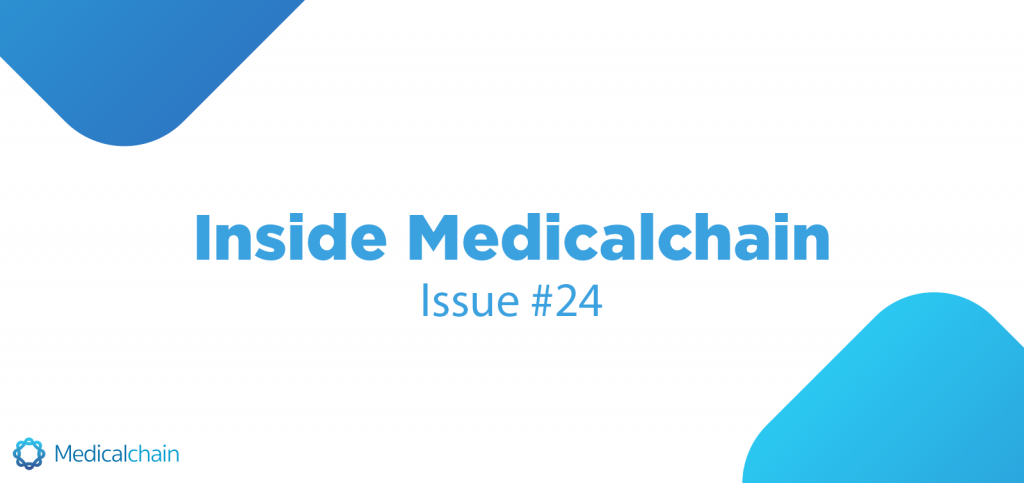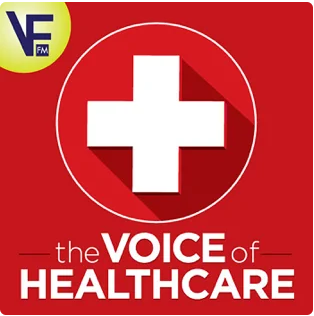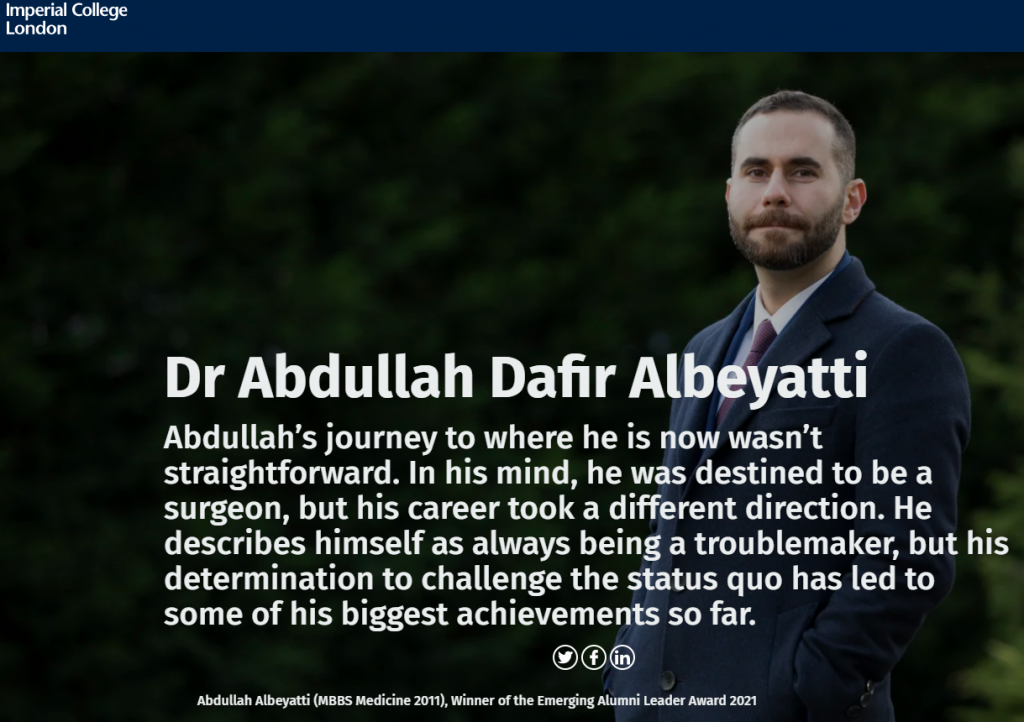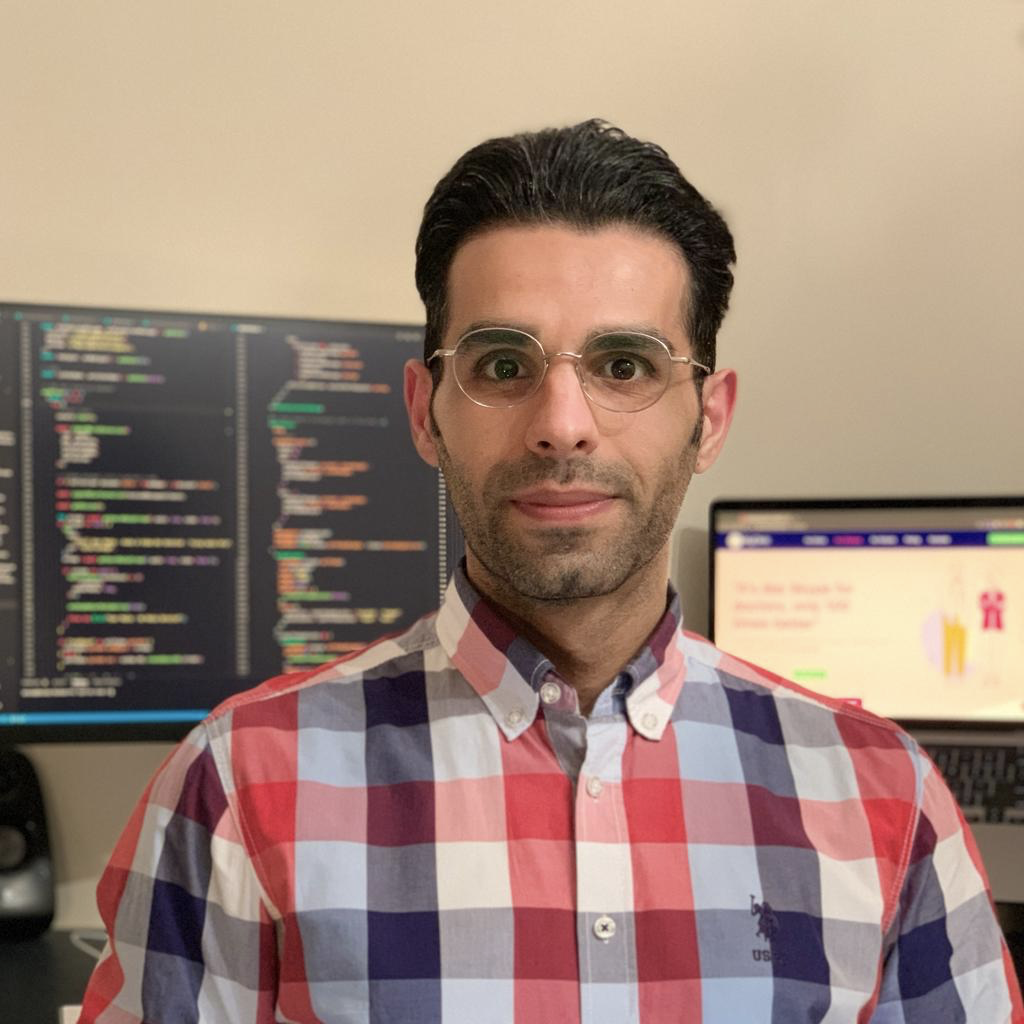Welcome to the twenty-fourth issue of Inside Medicalchain, our newsletter to keep our community up to date. If you missed the twenty-third issue, you can catch up by clicking here.
Update
We want to start this issue by firstly apologising to the community for being quiet for the past few months. As with every organisation, COVID-19 has been a difficult challenge and has disrupted how we work with all of the team now working remotely for the past year.
We reflected on areas where we could be more efficient within the company and how we could focus all our efforts and resources on delivering on our projects. That being said, ‘Inside Medicalchain’ will be switched to a quarterly publication instead starting from now. This gives us the opportunity to have enough time to prepare these newsletters as well as have enough significant progress to report on.
We will always do our best to update the community and hope to do this quarterly going forward.
Product development
Our upcoming Medicalchain Health Passport features and updates include:
- Patient reported outcomes;
- Health questionnaires;
- Auditing on the blockchain;
- Access to the largest primary care record source in the world;
We are also in the final rounds of discussions with two large pharmaceutical companies to run some trials using our technology.
Our upcoming MyClinic features include:
- Multi-party consultations to facilitate Multidisciplinary Team discussions.
- Health questionnaires.
- Receptionist tool.
For users of MyClinic, if you have any questions, do check out our Help Centre and don’t hesitate to get in touch at [email protected] if you have any suggestions.
We are looking forward to sharing with the community our developments for electronic health records. We will be releasing more information soon, stay tuned!
New announcement: Further NHS Digital Framework goals
We continue to work closely with the UK National Health Service (NHS) digital service and will hopefully have some good news in the next edition of Inside Medicalchain about joining the dominant and ‘future-proof’ framework which the NHS has unveiled recently.
Media
Dr Abdullah Albeyatti was an invited guest with Professor Tony Young to speak about the NHS and entrepreneurship on the The Voice of Healthcare podcast, hosted by Dr Cybulsky (Founder, IONIA) and Dr Maclellan (CEO, Cortina Health).
You can listen to that podcast here.
Dr Abdullah Albeyatti has also continued to contribute to the life sciences by speaking at several universities and institutions and was recently awarded by Imperial College London, the Emerging Alumni 2021 Award.
You can read more about the award and his journey by clicking here.
Inside perspective
This section aims to provide an insight into the project, including the people behind the scenes who are working extremely hard to make our vision a reality. In this edition of Inside Medicalchain, Behzad Hosseini, our Lead React Developer, gives you an update on our work and some invaluable advice for those wishing to enter the health technology space.
We hope you enjoy this inside perspective!
Behzad Hosseini — Lead React Developer, Medicalchain
What is a typical day like as a developer?
I like to start my days as early as possible and get most tasks done by noon time. I call these my golden hours of the day where I see myself most productive, especially when there’s a problem to solve or a new solution to create.
I typically first check on Slack, where our development team is, to see the latest updates. That’s followed by doing commit reviews on GitHub. Before I start or resume my previous day’s activities, I may have a short chat with my colleagues to either request something that I contemplated the night before or update them on a certain topic that has been discussed previously.
During the afternoon I mostly do refactoring, tests, and enhancements to our newly created solutions, and as we approach the evening time, I make sure my day’s work is saved or committed to GitHub for everyone to access, and I usually leave myself a sticky note describing the latest state where I left my work and what needs to be done the following day, and if needed, I update my tasks on Jira too.
I almost forgot to add that I usually go for a run in my neighbourhood park just before lunchtime as I feel more refreshed right after that for the rest of the day. I’ve been doing this ritualistically in the last 2 years.
What are the main features of the Medicalchain/MyClinic products that you have been working on?
I have been primarily working on MyClinic’s front-end. My job involves designing and implementing user-facing components using the React framework. However, the biggest portion of my work is related to the video call feature that we have within the MyClinic web solution, which enables the clinicians to interact with their patients over voice and video sessions as part of the appointment they had already set up using the same web-based app.
In our latest effort, we are working on a questionnaire feature that enables the clinician to have the patient answer a set of predefined questions before a consultation to gain insight into patients’ current condition, and therefore, hold a more efficient session once the patient is connected. This will be an important step in patient-reported outcomes in our Medicalchain Health Passport.
What are the main challenges that you find yourself facing when developing?
The main challenge most developers face is time management as there are many tasks in the backlog and we have to maintain a sustainable pace while approaching them. As a solution, I generally try to simplify tasks and break them into smaller pieces to better estimate what is absolutely necessary to be delivered to be able to mark the task complete. Then I move on to the next one, and when there’s less work, I can always go back and add improvements in small increments to our existing features.
What is it like working on healthcare technology? How is it different to other projects you have worked on?
It is always satisfying to think about how your solution or what you are building with your team as a developer can be beneficial to others in society. Working in a MedTech company is a great opportunity to reach a large user base and provide solutions that transform the way we used to approach healthcare traditionally while making sure no one is left behind.
Do you have any advice for any aspiring developers out there interested in this area?
Yes! That is “if I can do it, you can do it too”. That’s what I always say to let everyone know the only limit is their imagination. As developers with hands-on experience in the industry, we should feel the obligation to empower the brilliant minds who yet haven’t figured out their true potential, and pave the way for better collaboration in an ever-connected world as we approach new horizons in technological breakthroughs.
Social Media
Thank you to everyone who has taken the time to ask us questions and engage with our communications team. We do try our best to answer all of your questions.
· Medium
· Youtube
Don’t forget to promote MyClinic to your local health providers
MyClinic is available for free to anyone providing a health service, of any kind.
Please promote this free solution to your friends, family and network.





